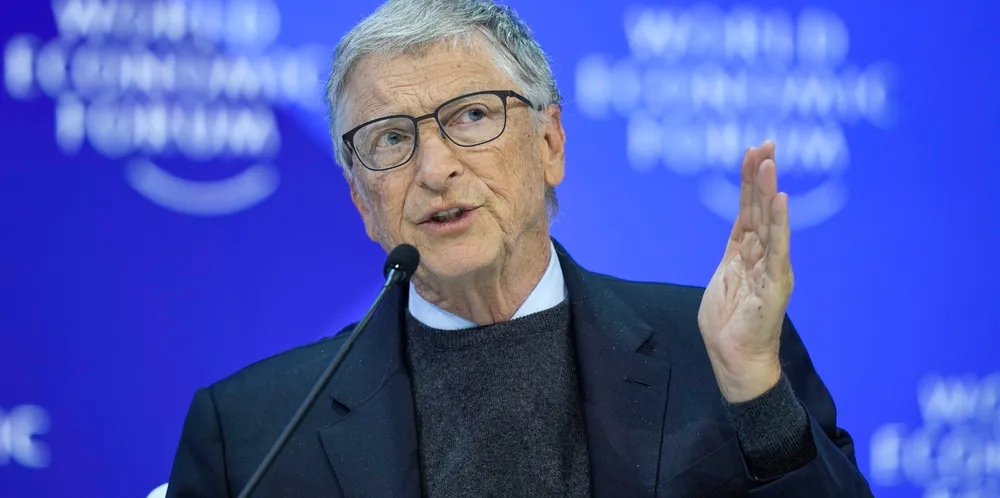Bill Gates: Shift to low-carbon energy 'far more difficult than anything I worked on at Microsoft'
Technology backer and philanthropist speaks at oil and gas conference during Texas energy transition tour

Technology backer and philanthropist speaks at oil and gas conference during Texas energy transition tour
